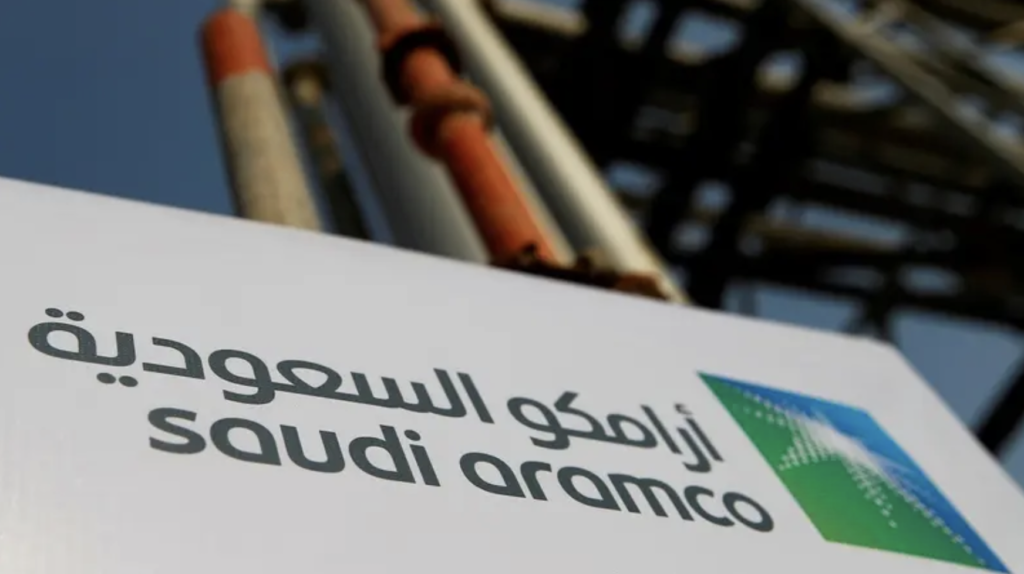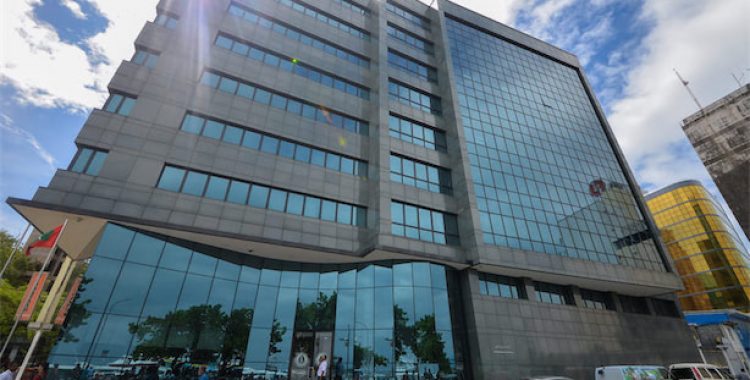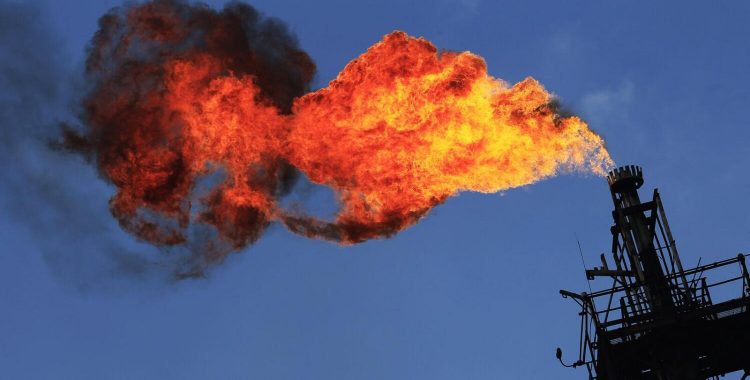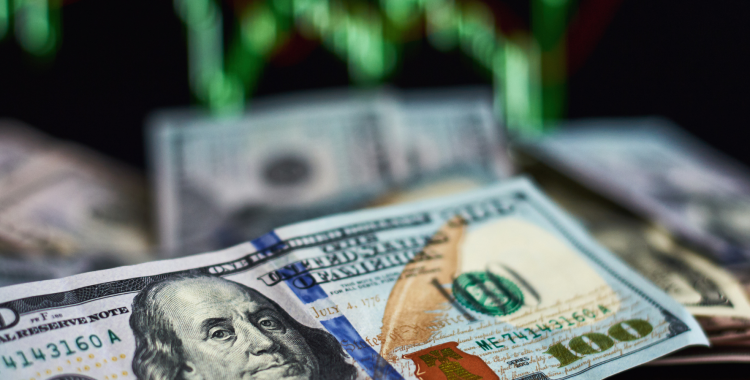Saudi Arabian oil giant Aramco on Sunday reported a record annual net profit of $161.1 billion for 2022, up 46 percent from the previous year on higher energy prices, increased volumes sold and improved margins for refined products.
The profits, which are around triple that of Exxon’s $56 billion, follow similar reports in February from international peers such as BP, Shell, and Chevron which have mostly posted record profits for last year.
Oil prices swung wildly in 2022, climbing on geopolitical worries amid the war in Ukraine, then sliding on weaker demand from top importer China and worries of a global economic contraction.
“Given that we anticipate oil and gas will remain essential for the foreseeable future, the risks of underinvestment in our industry are real — including contributing to higher energy prices,” Aramco’s CEO and President Amin H. Nasser said in the results statement.
To address those challenges, the company is investing in new lower-carbon technologies with potential to achieve additional emission reductions, Nasser said.
Plans to up crude production capacity to 13 million barrels per day (bpd) by 2027 are on track, the statement said.
Aramco’s capital expenditure rose 18 percent to $37.6 billion in 2022 and the company said it expects this year’s spending to be around $45.0 billion to $55.0 billion including external investments.
Aramco declared a dividend of $19.5 billion for the fourth quarter, an increase of 4 percent from the previous quarter.
Its board also recommended to issue bonus shares, with eligible shareholders receiving one share for every 10 shares owned.
Free cash flow reached a record of $148.5 billion in 2022, compared to $107.5 billion in 2021.
Prices surged in March last year as Russia’s invasion of Ukraine upended global crude flows, with international benchmark Brent reaching $139.13 a barrel, highest since 2008. Prices cooled rapidly in the second half of 2022 as central banks hiked interest rates and fanned worries of recession.
The OPEC+ producer alliance, led by Saudi Arabia, agreed last year to cut output by 2 million bpd from November until the end of 2023 to support the market.
The decision drew heavy criticism from the United States and other Western countries but market dynamics since then have shown the cuts to be prudent with oil prices hovering near the $80 a barrel from highs of above $100 in 2022.

















